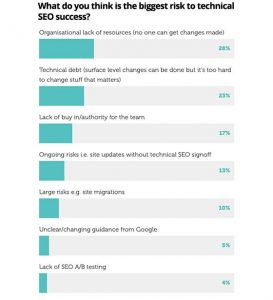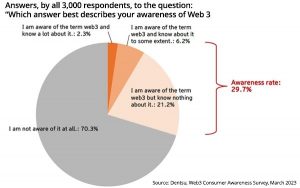— October 12, 2018

Free-Photos / Pixabay
Ethics and organizational culture are more than just buzzwords; they are concepts that require conscious development to ensure an organization’s long-term success. Ethical companies that nurture a healthy organizational culture benefit from high customer satisfaction, strong productivity, employee loyalty, and a solid reputation. Companies that act unethically may get by for a while, but eventually, their behavior surfaces with reputation-damaging headlines about lawsuits or government investigations. With today’s widespread social media and internet access, an ethical lapse that insults or harms a customer or employee can bring damaging worldwide attention to the company within a matter of hours.
Managers and executives must understand the difference between ethics and culture and how they relate to one another. Ethics refers to a person’s or company’s sense of what is right and what is wrong. Businesses should consciously consider and articulate ethics to establish values and standards that go beyond the basic legal requirements set by society. Organizational culture is a company’s way of life that not only includes ethics and written and unwritten standards, but it also encompasses the daily actions that embody and convey those ethics – or lack thereof sometimes.
A company may have a mission statement, code of ethics, and written policies that emphasize the corporate values of respect, honesty, integrity, and quality. These statements, as vital as they are, remain only words on paper; it’s the company’s organizational culture — the day-to-day actions of the CEO down to the most recent hire — that determines how its ethical values withstand the real world.
If the corporate culture is negative, its ethical position will eventually degrade. For example, a company that tolerates offensive jokes and snide gossip in the break room will act against its stated value of respecting all employees. A culture that emphasizes closing the deal by any means, even if it requires presenting the customer with exaggerated benefits of the product, works against the values of honesty and integrity. A culture that focuses entirely on the bottom line will sacrifice product quality as cheaper components and slipshod processes infiltrate production.
On the other hand, a company with a healthy culture will seamlessly integrate its ethics with its daily operations. These companies give employees the training, tools, and resources to do their jobs When performance issues arise, corrective discussions take place in a neutral space and focus on problem-solving rather than shaming the employee. Executives and managers consistently treat every person they encounter courteously and with dignity, including customers, employees, partners, vendors, and guests. Customers get complete and accurate information about products and services and the company keeps its promises, whether it’s paying a vendor on time or honoring a customer’s discount coupon. The firm integrates quality control procedures into the production line and gives full support to the person charged with ensuring quality. If a product needs to be recalled because of safety issues, for example, the company does so promptly and with full disclosure to the public and its customers, employees, and vendors.
A company’s culture starts at the top. People in any organization emulate the actions of their leaders, so it’s essential for executives and managers to monitor their own behavior in order to exemplify ethical behavior for all employees. Because organizational culture can make or break a company’s reputation, executives should hold regular reviews to see how well theirs upholds the company’s shared values and code of ethics.
Business & Finance Articles on Business 2 Community
(54)







